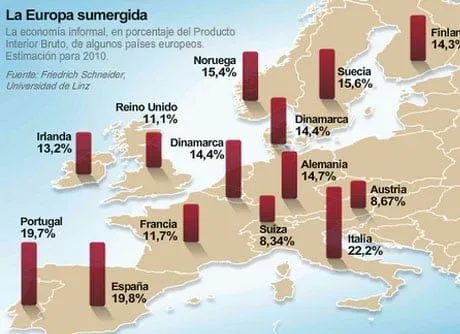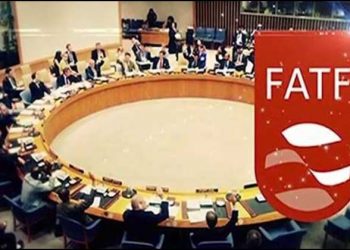The phrase “System D” comes from a slang phrase used in French-speaking Africaan d the Caribbean. The “D” stands for the French word “debrouillard”. Neuwirth: “To say a man is a debrouillard is to tell people how resourceful and ingenious he is.”
Global financial crises has given rise to shadow economy, or the black marker, or the underground economy comes as no surprise to economists, which as of 2011 has a projected GDP of $10T.
OECD in 2009 concluded that half the world’s workers were employed in shadow economy, and also predicts by 2020 shadow economy will employ two – thirds of the world’s workers.
With time trade within system D has expanded and is not limited, which once was as simple as street merchant. Now system D is where the jobs are. Kids selling on street, vendors at flee markets, road side stands, are all part of System D.
According to Neuwirth (American journalist and author), “System D is growing faster than any other part of the economy, and it is an increasing force in world trade”. As such, System D “will be crucial for the development of cities in the 21st century”.
Neuwirth explains that based on estimates, the total value of System D globally is close to $10 trillion. In comparison, theUShas a GDP of $14 trillion. Thus, were System D a sovereign nation, it would be an economic superpower — the second largest economy in the world.
Neuwirth also argues that System D is the wave of the future for the global economy. From street selling to unlicensed trade to compensation under-the-table, many workers are off the grid. According to Neuwirth, System D is opening up the economy and providing new opportunities for those seeking income through labor.
The black market extends to illegal activities such as murder, robbery, drug dealing, etc. but much of the shadow economy is made up of individuals for instance children selling on streets, road side stands or simple laborers being paid for services or repairs.
The issues behind the growth of the shadow economy seem to center more around actions of governments rather than inherent flaws and disparities within an economic system. As a government needlessly intervenes in an economy with asinine regulations and bureaucracy, it makes sense that the populace should embrace the shadow economy.
Governments must therefore make the official economy more attractive and reduce incentives that lead citizens to participate in the shadow economy.
INCPak Team.




















